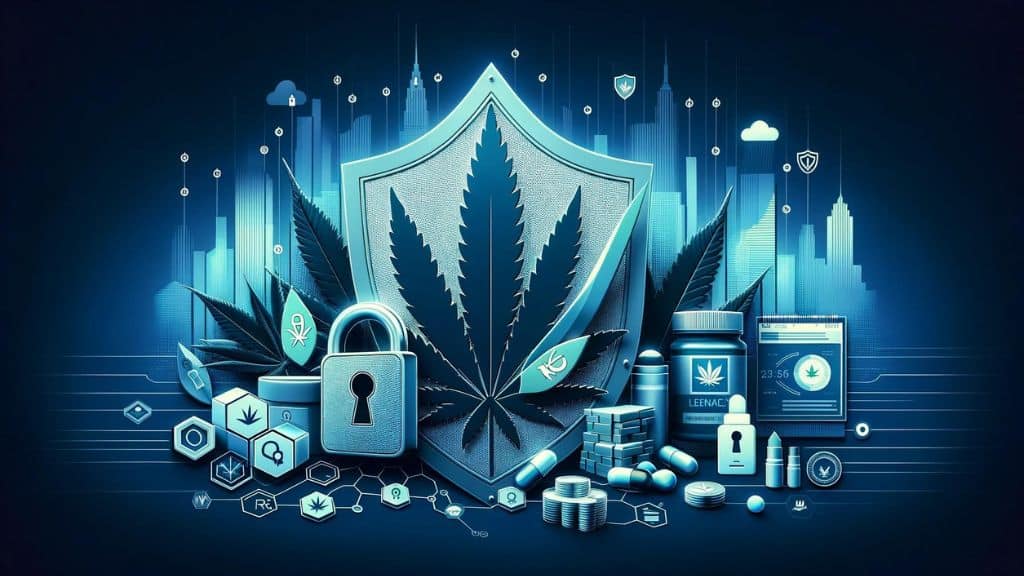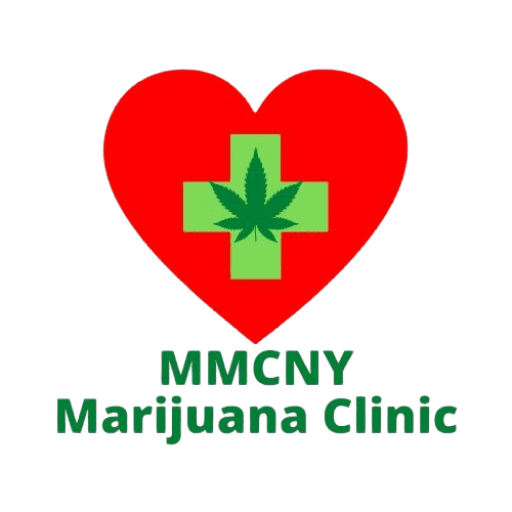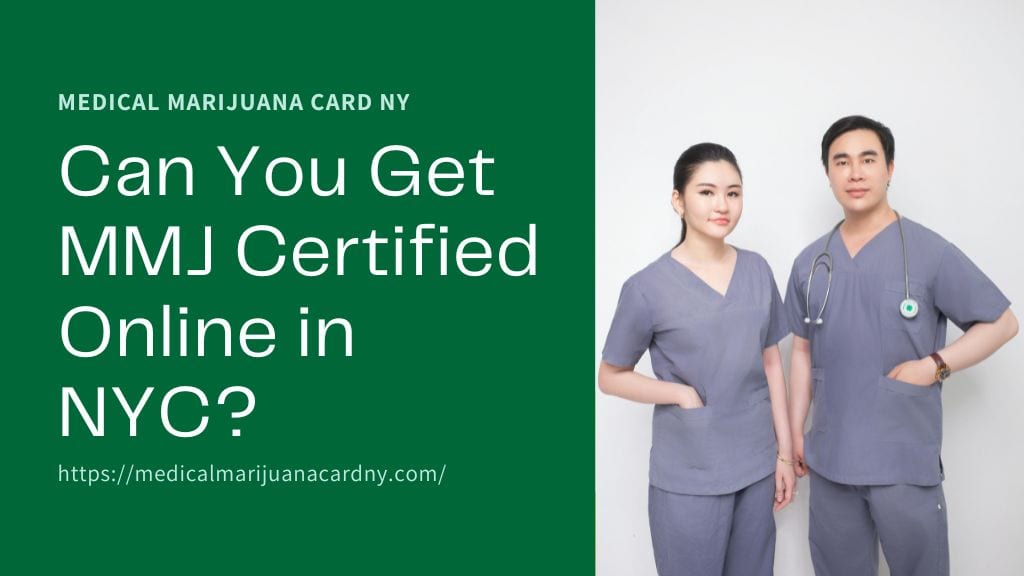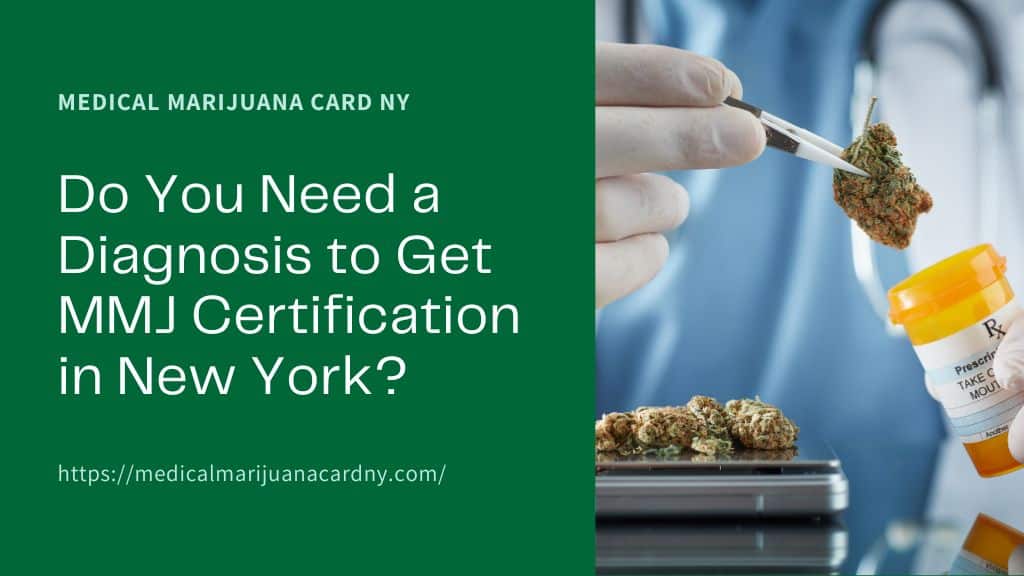In the evolving landscape of medical marijuana in New York, the enforcement of medical marijuana privacy laws plays a critical role in protecting patient rights and confidentiality. As New York has adapted its policies to accommodate medical cannabis use, a significant shift towards safeguarding patient information has emerged. This transition not only simplifies access to medical cannabis through a certification system but also emphasizes the importance of adhering to strict privacy laws.
Under the Health Insurance Portability and Accountability Act (HIPAA), New York ensures that medical marijuana program participants’ data remains confidential, not disclosed without explicit consent. The Office of Cannabis Management (OCM) further solidifies this commitment by overseeing a regulatory framework that prioritizes public health, safety, and the protection of sensitive patient information. As New York continues to refine its approach, understanding and enforcing medical marijuana privacy laws remain paramount in fostering a secure, equitable, and respectful environment for medical cannabis users.
Table of Contents
ToggleTransition to Certification System
In a significant move in March 2023, New York transitioned from medical marijuana cards to MMJ certification system. This shift was designed to simplify access for patients, requiring only a certification from a registered healthcare provider to access medical marijuana. This change highlights New York’s dedication to minimizing bureaucratic barriers and facilitating the registration process for patients and caregivers, ultimately streamlining access to medical cannabis.
Enforcement of medical marijuana privacy laws in New York
Enforcement of medical marijuana privacy laws in New York involves several key players and regulations:
1. New York Compassionate Care Act (CCA): This act establishes the legal framework for the medical marijuana program and mandates specific patient privacy protections. These include:
- Confidentiality of patient information: Patient registration data, diagnoses, and treatment details are confidential and cannot be disclosed without the patient’s written consent, except in specific limited circumstances like court orders or investigations.
- De-identified data sharing: The Department of Health can collect and share de-identified data for research and program assessment purposes.
- Patient rights: Patients have the right to access and amend their information held by the program.
2. New York Public Health Law: This law outlines additional privacy protections related to medical records in general, including medical marijuana records.
3. Office of Cannabis Management (OCM): This agency oversees the medical marijuana program and is responsible for investigating and enforcing privacy violations. Complaints can be filed with the OCM for alleged privacy breaches.
4. New York State Human Rights Law: This law prohibits discrimination based on lawful medical marijuana use, including discrimination by employers, landlords, and other entities. Individuals experiencing such discrimination can file complaints with the New York State Division of Human Rights.
Privacy Protections Under HIPAA
The Health Insurance Portability and Accountability Act (HIPAA) stands as a cornerstone of privacy protection in the United States, extending its safeguards to encompass medical marijuana programs, including those in New York. HIPAA’s robust regulations serve as a bulwark against the unauthorized disclosure of patient data concerning medical marijuana use. By mandating stringent confidentiality measures, HIPAA ensures that sensitive information remains safeguarded, prohibiting its dissemination without explicit patient consent.
HIPAA’s significance lies in its role as a shield against unauthorized access to patients’ medical cannabis usage details, particularly in the context of background checks. This protective barrier fosters a sense of security and trust among medical marijuana program participants, assuring them that their privacy remains intact and shielded from prying eyes.
As a result, patients can engage in medical cannabis treatment without fear of unwarranted intrusion into their personal health information. HIPAA’s provisions serve as a vital safeguard, underpinning the integrity and confidentiality of medical marijuana programs nationwide, including in New York.
The Role of the Office of Cannabis Management
The Office of Cannabis Management (OCM) in New York serves as the linchpin in the effective administration and regulation of the state’s medical cannabis program. Its multifaceted responsibilities span the entire spectrum of cannabis operations, ranging from licensure and cultivation to distribution, sale, and taxation. By shouldering these pivotal roles, the OCM plays a crucial role in upholding the integrity, safety, and efficacy of medical cannabis products available to patients across the state.
At the heart of the OCM’s mandate lies a commitment to implementing robust quality assurance and regulatory frameworks. These frameworks are meticulously designed to ensure that medical cannabis products meet stringent safety standards and are not appealing to youth. To achieve this, the OCM enforces rigorous product testing protocols, stringent labeling requirements, and tamper-evident packaging measures. Moreover, the office oversees advertising standards, ensuring that promotional materials adhere to guidelines that prioritize responsible and informative messaging.
By meticulously overseeing these facets of the medical cannabis industry, the OCM fulfills its mission of safeguarding public health and safety while promoting equitable access to high-quality medical cannabis products. Through its proactive regulatory measures, the OCM underscores its dedication to ensuring that patients receive safe, effective, and reliable medical cannabis treatments.
Conclusion
In conclusion, the enforcement of medical marijuana privacy laws in New York is pivotal for upholding patient confidentiality and ensuring the safe and equitable access to medical cannabis. Through the transition to a certification system, HIPAA protections, and the oversight of the Office of Cannabis Management, New York demonstrates its commitment to safeguarding patient information while promoting public health and safety. These measures not only streamline access to medical cannabis but also prioritize patient privacy, maintaining trust within the medical marijuana program.
As New York continues to navigate the complexities of cannabis regulation, understanding and enforcing privacy laws remain essential for fostering a transparent, responsible, and patient-centered approach. By upholding stringent privacy standards, New York sets a precedent for other states and jurisdictions, establishing a framework that prioritizes patient rights and dignity in the evolving landscape of medical cannabis use.
Resources





